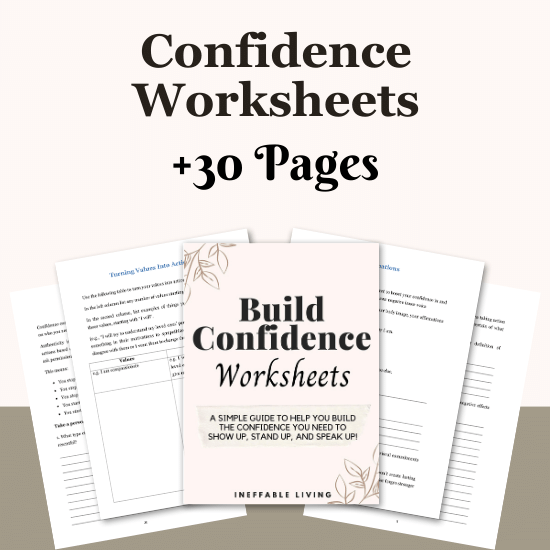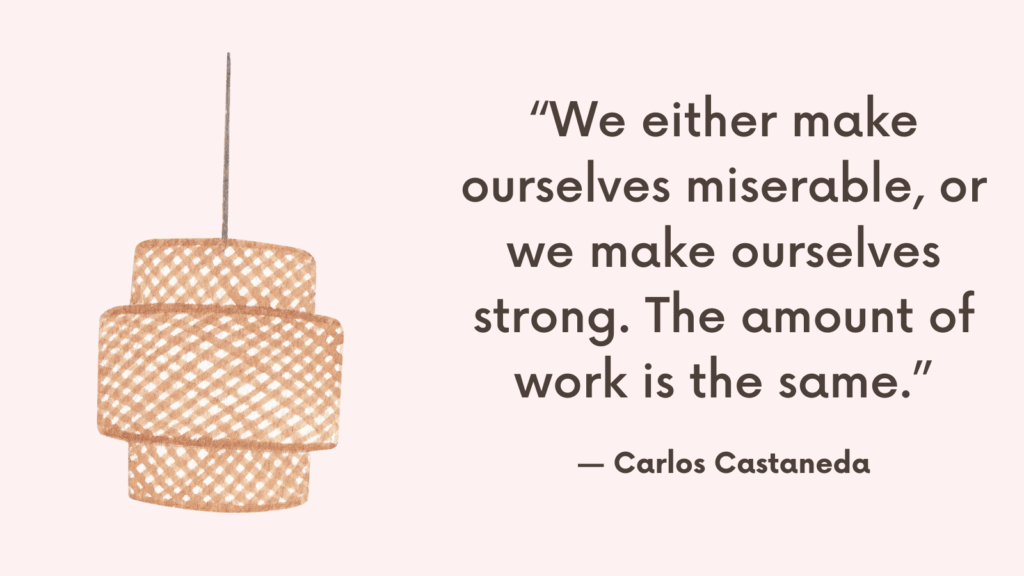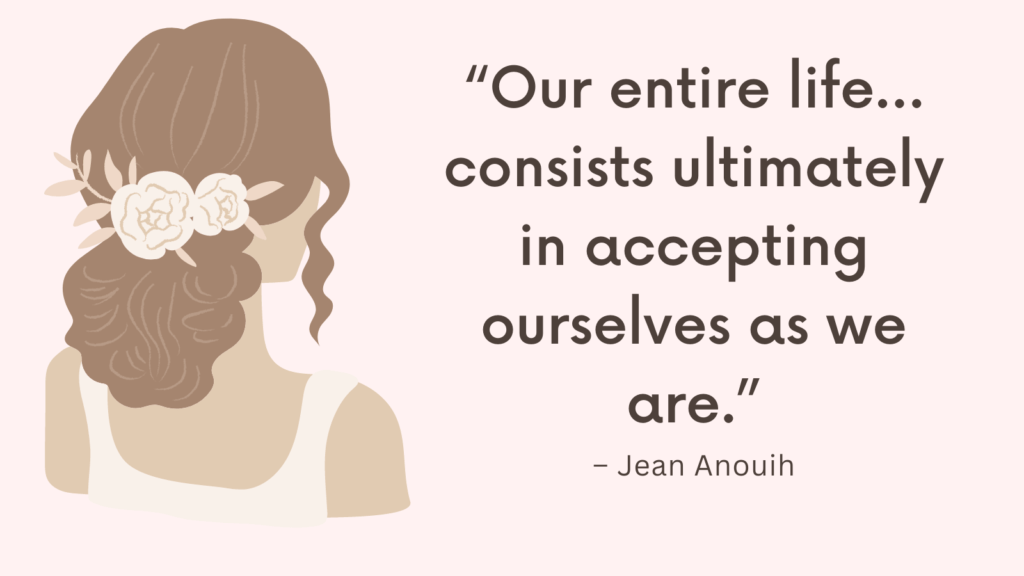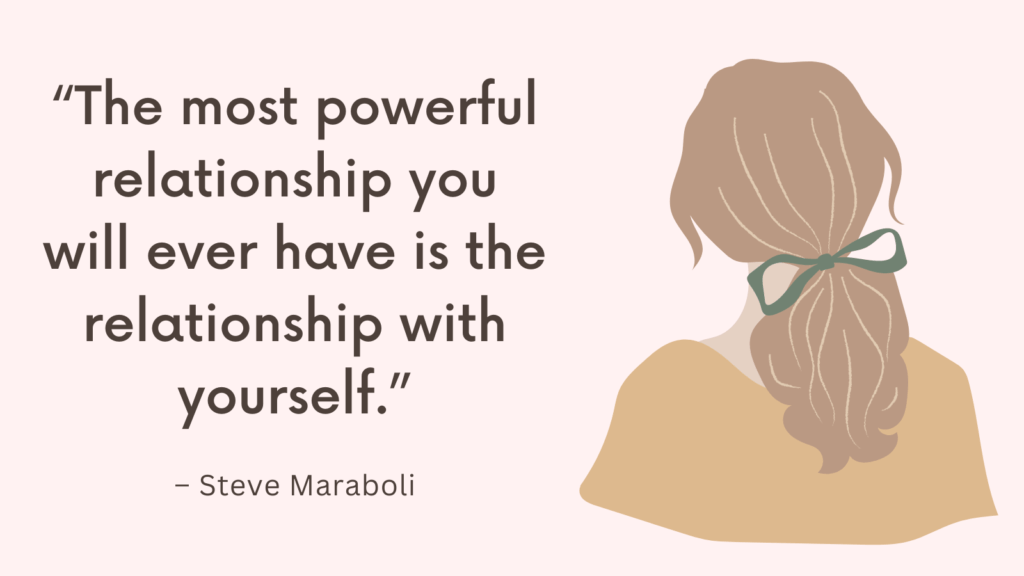Feeling proud of yourself should be a natural, affirming part of life — but for many, it comes tangled with guilt. You may downplay achievements, worry about seeming arrogant, or feel like you haven’t done enough to deserve pride. This internal conflict can quietly sabotage your self-worth and joy. But you’re allowed to feel proud without apology. Here’s how to start claiming that feeling with honesty and self-respect.
Why Feeling Proud Feels Uncomfortable
Many people struggle to feel proud of themselves—not because they haven’t accomplished anything, but because they were taught to associate pride with arrogance, selfishness, or disconnection. The discomfort often comes from:
- Childhood messages that praised humility but shamed self-recognition
- Cultural or religious conditioning that equates pride with ego
- Past experiences where confidence was mocked or punished
- Internal beliefs that you’re only worthy when being modest or quiet
- Fear that being proud will make others feel bad or threatened
You’ve learned to downplay your light to keep others comfortable.
Related: Best 100 Journal Prompts For Confidence
Signs You’re Afraid to Feel Proud
Avoiding pride doesn’t always feel obvious. It often shows up as:
- Brushing off your wins or calling them “lucky”
- Immediately shifting focus to your flaws or next goal
- Feeling unworthy of recognition, rest, or rewards
- Worrying that people will think you’re “full of yourself”
- Waiting for someone else to affirm your success before believing it
These are survival strategies—not personal failures—designed to protect you from judgment or rejection.
How to Be Proud of Yourself Without Guilt?
1. Redefine What Pride Actually Means
Being proud doesn’t mean you think you’re better than others — it means you’re acknowledging growth, effort, or resilience. Healthy pride is rooted in self-recognition, not ego. It says, “I see myself clearly, and I’m allowed to feel good about that.”
2. Stop Waiting for External Validation
If your pride depends on someone else clapping for you, you’ll always question whether it’s real. Begin by noticing what you are proud of — even if no one else sees it. Celebrate the progress only you know you fought hard for.
Related: 21-Day Confidence Challenge
3. Notice Where the Guilt Comes From
Often, guilt around pride comes from early messages: “Don’t brag,” “Stay humble,” “You’re not special.” These messages were about control — not truth. Ask: “Whose voice is this?” Then gently replace it with your own.
4. Practice Saying It Out Loud (Even to Yourself)
Try: “I’m proud of how I handled that.” or “That was hard, and I did it anyway.” Saying it out loud shifts it from an abstract thought to an embodied truth. It also gets easier with repetition.
5. Separate Pride From Perfection
You don’t have to be flawless to feel proud. Pride doesn’t require a perfect result — it comes from showing up, trying again, speaking up, or growing. You’re allowed to be proud of yourself in progress, not just at the finish line.
Related: Best 21 Self Confidence Exercises For Adults
6. Acknowledge What You Overcame
Guilt says, “It wasn’t that big a deal.” Pride says, “Maybe it was — especially for me.” Be honest about what it cost you emotionally, mentally, or physically to get through something. Survival, healing, and effort deserve recognition.
7. Resist the Urge to Shrink It Down
If someone compliments you, do you deflect or downplay it? That’s guilt trying to protect you from discomfort. Practice simply saying “Thank you” — and letting it land. Let your own pride be enough, even if no one else says it.
8. Don’t Wait for a Big Win to Feel It
You’re allowed to feel proud for resting, for setting a boundary, for keeping a promise to yourself. Confidence is built from daily self-honoring, not occasional achievements. Start naming the quiet things you do well.
Related: How Confident Am I Quiz (+Best 13 Tips on How to Carry Yourself with Confidence)
9. Let Others Be Proud of Themselves Too
Sometimes we feel guilty about our own pride because we’re afraid it will make others feel less-than. But self-celebration doesn’t diminish anyone else. When you own your growth, you create space for others to do the same.
10. Remember: Pride Is a Form of Self-Love
Being proud of yourself is how you say, “I matter.” It’s how you mark progress, show yourself grace, and give your inner child what they may have never received. You’re not selfish for feeling proud — you’re reclaiming your worth.
Related: Best 10 Confidence Books

Conclusion
You don’t have to earn the right to feel good about yourself. Pride doesn’t mean you’ve arrived — it means you’re showing up. And that’s something to celebrate without shrinking, explaining, or apologizing.



